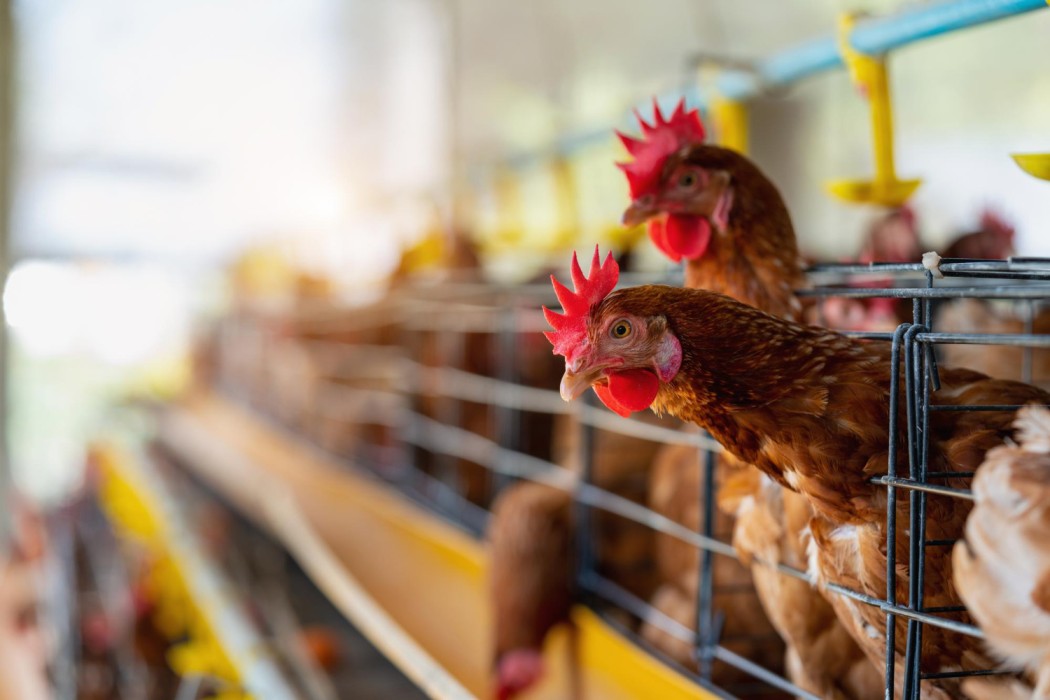Why Proper Feeding Matters
Feeding-raised chickens isn’t just about tossing grains into a coop. How you feed your chickens affects their health, egg production, and the quality of their meat. Think of feeding as an investment in your flock’s well-being and productivity. Well-fed chickens are happy chickens!
“Just like a good diet keeps us energized, it does wonders for our feathery friends too!”
Understanding Chicken Nutrition
Essential Nutrients for Chickens
Chickens need a balanced diet that includes a variety of essential nutrients:
-
Proteins: Vital for growth and egg production. Sources can include soybeans, peas, and canola meal.
-
Carbohydrates: These provide energy. Grains like corn and wheat are great options.
-
Vitamins and Minerals: Important for overall health, they help withFunctions like bone development and immunity. Look for feeds that include vitamins A, D3, and E, as well as calcium and phosphorous.
Types of Feed
There are various types of feed to consider:
-
Starter Feed: For baby chicks, usually high in protein (around 20-24%).
-
Grower Feed: Transition feed with slightly lower protein (16-18%) for pullets as they grow.
-
Layer Feed: Designed for hens that lay eggs, enriched with calcium to support egg production.
It’s often a good idea to read the labels on the feed and be aware of what your chickens are consuming. A well-balanced diet leads to better health and more delicious eggs or meat.
The Importance of Fresh Water
Chickens can’t thrive without clean, fresh water. Just like us, they need to stay hydrated for their digestive systems to work properly.
Daily Water Needs
A good rule of thumb is to ensure your chickens have access to at least a pint of fresh water every day. Consider investing in a reliable water system that can keep the water cool in summer and prevent it from freezing in winter.
“I once forgot to check the water supply on a hot day, and the poor chickens looked so thirsty! Lesson learned: always prioritize hydration.”
Feeding Schedules and Portions
Establishing a Routine
Establishing a feeding schedule for your chickens can help maintain their health. Regular feeding times help set a routine that chickens can get accustomed to.
How Much to Feed
A general guideline is to provide about 1/4 to 1/3 pound of feed per chicken per day. Monitoring their weight and adjusting their portion sizes can also be beneficial to ensure they are getting just the right amount for their health.
Offering Treats and Supplements
Chicken treats can boost happiness and enhance nutrition but should be given in moderation.
Healthy Treat Ideas
-
Vegetable Scraps: Carrots, lettuce, and broccoli are great picks.
-
Fruit: Chickens love watermelon, pumpkin, and berries!
-
Grains: Treats like oats or corn can be enjoyable and nutritious.
“I love watching my chickens peck at treats. When I toss in some pumpkin scraps, it’s like a little party in the yard!”
Supplements
Adding specific supplements like grit for digestion and oyster shell for calcium can be beneficial, especially if chickens aren’t getting enough from their regular feed.
Avoiding Common Feeding Mistakes
Overfeeding and Underfeeding
It can be tempting to spoil your chickens with food, but overfeeding can lead to obesity and health issues. On the other hand, underfeeding leads to malnutrition and poor production.
Quality over Quantity
Always prioritize high-quality feed over larger amounts. Just because a feed is cheap doesn’t mean it’s good for your chickens. Look for quality brands that provide balanced nutrition.
Conclusion
As you embark on your chicken-raising adventure, remember that feeding practices play a pivotal role in your flock’s happiness and health. A nutritious diet, regular hydration, and a little love can make all the difference.
So roll up your sleeves, mix in some fresh ideas, and watch your chickens thrive! Remember, each flock is unique, so take the time to figure out what works best for your feathered friends. Happy feeding!

